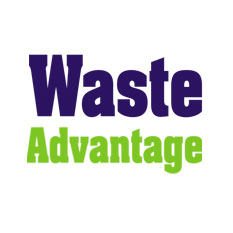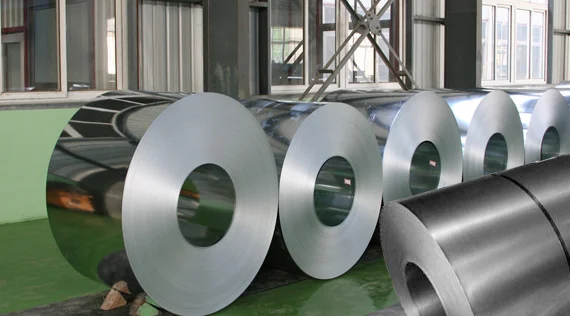The Importance of Reducing Food Waste in Commercial Aviation
Waste & Recycling | 2023-03-14 22:52:33
Since biosecurity is a significant concern at borders, countries have permission to regulate what happens to food waste upon landing, making recycling efforts challenging.
SEATTLE (Waste Advantage): Globally, we make an estimated 931 million tons of food waste annually. While it’s difficult to know how much of an impact aviation makes, IATA approximates that 25% of all cabin waste from 2017 was untouched food and beverages. According to the World Economic Forum, food waste accounts for 8-10% of greenhouse gas emissions, at least three times as much as the aviation industry. But with some airline groups producing hundreds of thousands of meals for the sky and lounges on the ground, what are carriers doing to reduce their food waste levels?
Since biosecurity is a significant concern at borders, countries have permission to regulate what happens to food waste upon landing, making recycling efforts challenging. Especially for big international players, artificial intelligence has significantly impacted operations before flights take off. China Eastern Airlines uses data systems to make its food production facility in Shanghai more efficient. The carrier’s catering team can access real-time flight and seat change information to make last-minute changes to the amount of food produced and sent to different aircraft.
In the UAE, Emirates Flight Catering previously committed to a 35% reduction with their partnership with tech company Winnow, using cameras and smart scales to identify ingredients that are wasted most during food production. Additionally, Etihad has been working with Lumitics to see how computer vision and machine learning can reduce waste in flight. This technology, via identifiers on meal packaging, can track and differentiate discarded food items, which the airline believes will help them create more relevant and efficient catering plans.
For two months in 2021, SWISS teamed up with “Too Good to Go,” trialing a service where the carrier would sell unopened fresh food items at a third of the price in surprise bags instead of discarding them. The following year the airline brought back the same mystery bag concept for the last flights out of Zurich and Geneva under the name “SWISS Saveurs to go,” referencing the packaged fresh food items provided by their partner Confiserie Sprungli.
Courtesy: www.wasteadvantagemag.com
 By
By 